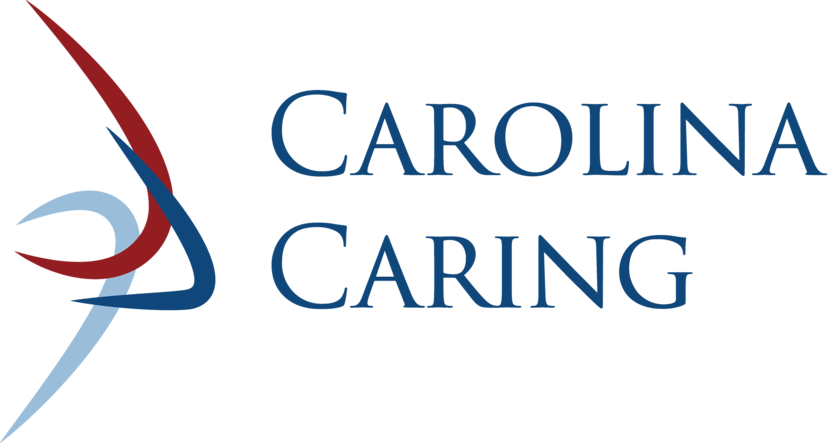At Carolina Caring, we recognize that effective healthcare extends beyond the bedside—it requires active engagement in the policy arena to ensure our communities receive the compassionate, accessible care they deserve. Our commitment to public policy advocacy stems from our deep understanding of the challenges facing patients, families, and healthcare providers across North Carolina. We take pride in being a trusted voice for sensible healthcare legislation, working tirelessly to protect Certificate of Need laws that preserve essential services in rural communities, advocating for fair compensation for our dedicated healthcare workers, and streamlining processes that help families navigate difficult healthcare decisions.
Ask #1: Oppose “Certificate of Need” Repeal
Senate Bill 370 and Senate’s proposed budget
Overview: Senate Bill 370 proposes to repeal Certificate of Need (CON) laws in North Carolina. Certificate of Need laws reduce healthcare costs for patients by avoiding unnecessary expansion or duplication of services. CON laws also prevent oversupply which exacerbates labor shortages.
- Problem #1: In states where CON laws have been repealed, we are witnessing the closure of rural hospitals, threats to lines of service (labor & delivery, behavioral health, emergency services), and threats to services for historically underserved populations.
- Problem #2: States without CON laws have seen a surge of private equity healthcare providers that cannot be controlled. For example, in California, the explosive growth in agencies has led to fraud investigations and a moratorium on all new hospice providers. In one metro Texas county, there are now more home health agencies in service than the total number of agencies in 4 Southern states combined!
Solution: North Carolina does not have to mimic California, Texas, or other states—please preserve CON laws and oppose Senate Bill 370.
Ask #2: Increase Medicaid Personal Care Services (PCS) and Private Duty Nursing (PDN) Rates
House Bill 453
Overview: Health & Human Services Appropriations chairs (House & Senate) need to increase hourly rates for healthcare workers in Medicaid Personal Care Services and Private Duty Nursing.
- Problem #1: With record inflation and a rapidly constricting workforce pipeline, clinical aides are being driven out of the industry to find better paying jobs.
- Problem #2: The average wage for Certified Nursing Aides (CNAs) in home care is $14.03 per hour*. CNAs in nursing facilities or hospitals see an average of $16.88-$18.88 per hour*. But employees in companies such as Amazon and Target see an average of $19 per hour*!
- Problem #3: On average, states like NC spend $48,863 per enrollee, per year* for care in Skilled Nursing Homes. But Personal Care Services in the home or adult care homes cost just $15,926 per enrollee per year*. Why not support the cost-effective option that will save the state tens of thousands of dollars while keeping patients where they want to be, at home.
*Association for Home and Hospice Care of North Carolina, 2024
Solution: Support the passing of House Bill 453. Under proposed language, PCS rates would increase from $23.84 to $30 per hour and PDN rates would increase from $52 to $65 per hour.
Ask #3: Pass the Amendment to Advance Health Care Directives Requirements
House Bill 349
Overview: House Bill 349 would amend the current statutory requirements for Advance Directives and Health Care Power of Attorney in NC.
- Problem #1: Currently, NC requires that health care power of attorney and living will documents must be signed by two qualified witnesses and acknowledged before a notary public. This requirement makes advance health care directives more difficult for residents to complete.
Solution: House Bill 349 would allow these documents to be signed by two qualified witnesses or acknowledged before a notary public. House Bill 349 also provides amendments which allow for electronic submission of these documents to the Registry, as well as allowing the provision to Secretary of State to remove documents from the Registry of deceased registrants upon proper notification. This amendment does not cost the state anything—PLEASE pass House Bill 349!
Ask #4: Prevent Cuts to the Medicaid Budget (Federal Level)
Overview: This year (2025), congress passed cuts to the federal budget that directs the Energy and Commerce Committee, which oversees Medicaid. This budget is proposed to cut Medicaid spending by $880 billion over the next decade.
- Problem #1: It is expected that North Carolina could see up to $27 billion in cuts to the Medicaid budget over the next 10 years.
- Problem #2: Nearly 650,000 North Carolinians, especially those in rural areas, have gained healthcare coverage since this expansion took effect just two years ago. This cut would eliminate that progress.
- Problem #3: This cut could also impact programs like CAP-C and CAP-DA, which provide support for those suffering with serious illness as well as veterans and low-income mothers.
Solution: Reach out to members of congress and voice their need to support the future of Medicaid expansion for North Carolina residents.

